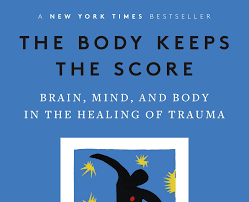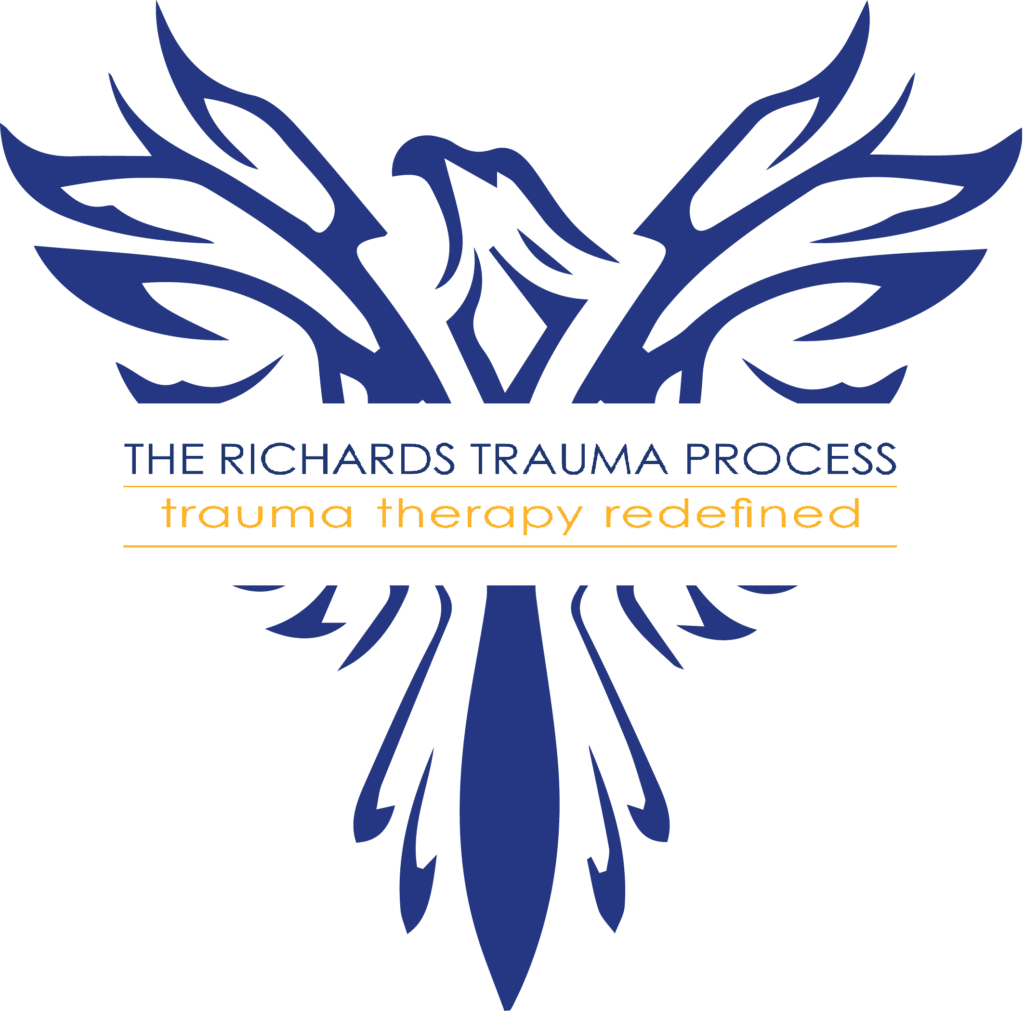The Richards Trauma Process TRTP is a unique, holistic and structured approach to therapy designed to treat long-term anxiety, depression, stress and  classic post-traumatic stress disorder (PTSD) and other trauma-related conditions. TRTP was developed by Judith Richards, an Australian psychotherapist who drew on her own personal experience plus working with trauma survivors to create the process.
classic post-traumatic stress disorder (PTSD) and other trauma-related conditions. TRTP was developed by Judith Richards, an Australian psychotherapist who drew on her own personal experience plus working with trauma survivors to create the process.
The Richards Trauma Process is NOT Talk therapy. There is no need for clients to ‘tell their story’. They have done this too often in the past. You will be given a couple of easy questionnaires to complete. That is all the information your therapist needs. You are not ‘broken’ and you do not need to be ‘fixed’. You just need to be brought back to balance. TRTP is perfect to do this.
Your Past is Triggering Your Fear Today
TRTP is based on the understanding that trauma can become “stuck” in the body and mind, leading to ongoing symptoms such as anxiety, depression, and flashbacks.  The process involves three stages, including identifying and releasing the root causes of trauma, clearing negative beliefs and emotions, reimagining past events and creating positive changes in thought patterns and behaviour.
The process involves three stages, including identifying and releasing the root causes of trauma, clearing negative beliefs and emotions, reimagining past events and creating positive changes in thought patterns and behaviour.
TRTP uses a range of techniques to achieve these goals, including dynamic re-imagination and somatic (body-based) therapy. The process is typically conducted over three sessions, with clients working closely with a trained TRTP practitioner to help clients connect to their minds, bodies, emotions, and their traumatic events without feeling overwhelmed and avoidant. Depression is created by suppressing feelings of anxiety, fears, and issues that happened in the past. Anxiety is fearing problems/challenges that happened in the past will re-occur in the future.
Professional Evidence
While TRTP is not yet a mainstream therapy, it has shown life-changing results in treating trauma-related conditions. Evidence-based analysis has reported significant improvements in the lives of clients after completing the process.
As with any form of therapy, results may vary, and it is important to work with a qualified and experienced practitioner who can provide appropriate guidance and support.

